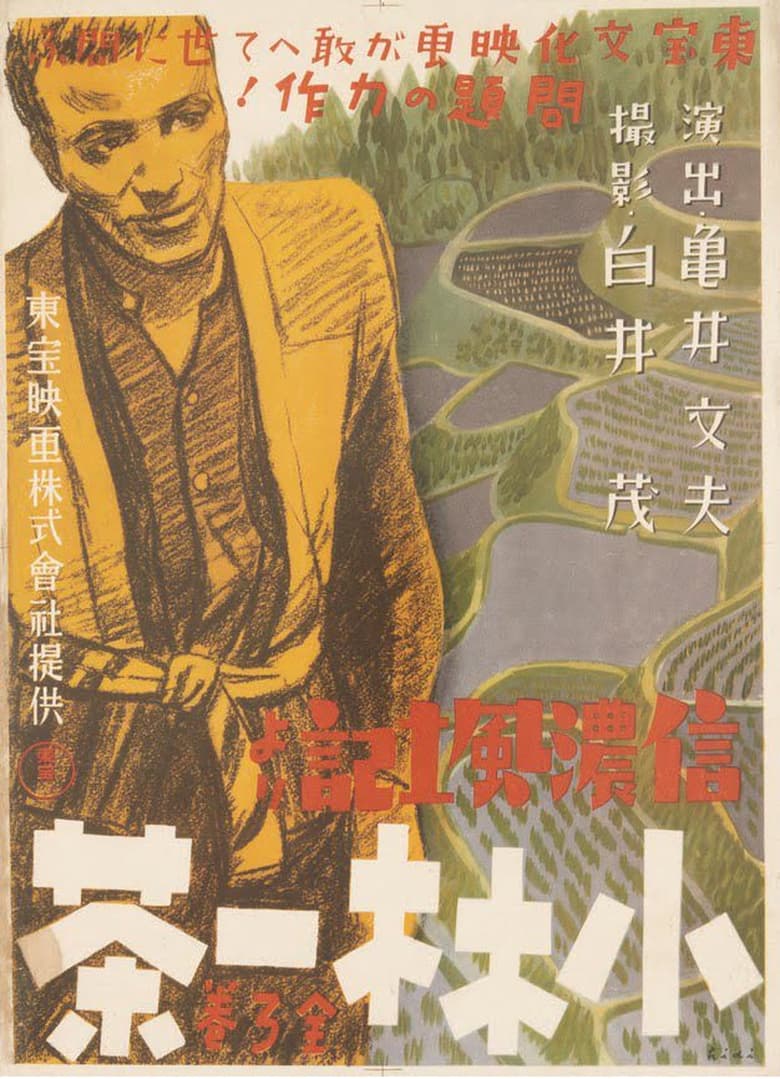
Kobayashi Issa
The film uses the haiku of early 19th century poet Kobayashi Issa as its motif to portray the lives of farmers residing deep in the mountains of Nagano. Commissioned by the Nagano Prefectural Department of Tourism, the movie became instead, in the hands of Kamei, a depiction, sometimes ironic, of poverty and the harsh life of the inhabitants of the area. The short movie is often considered Japan’s first “poetic documentary”.
Release Date
February 18, 1941
Status
Released
Original Title
信濃風土記より 小林一茶
Runtime
28min
Budget
—
Revenue
—
Language
Japanese